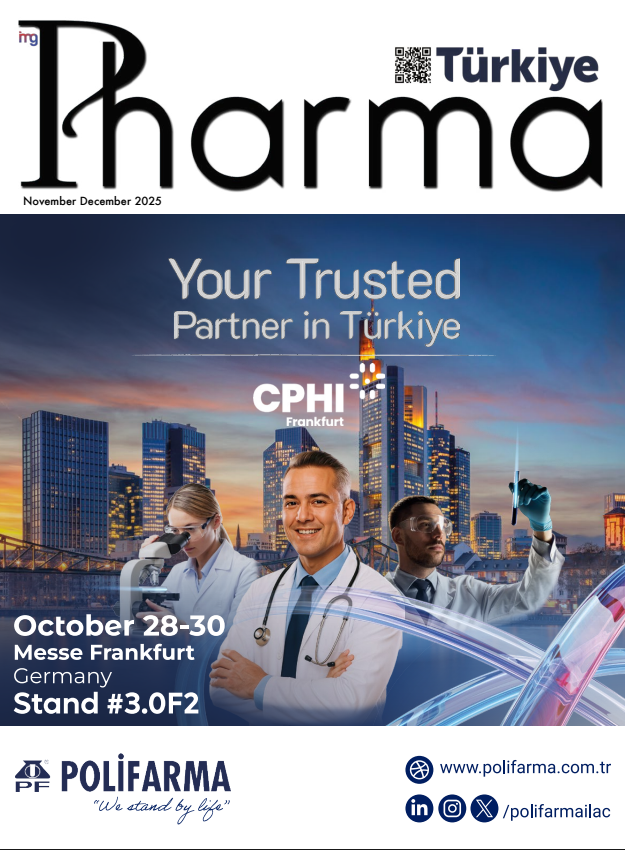Smart drugs have recently been used in almost every stage of cancer patients. While previously there were smart drugs that could be counted on the fingers of one hand, today their number has increased much more. Assoc. Prof. Dr. Yakup Bozkaya from Department of Medical Oncology, Gaziosmanpaşa Hospital, Yeni Yüzyıl University gave information about “smart drugs used in cancer treatments.”
What is smart medicine?
“Cancer is the uncontrolled proliferation of normal body cells as a result of various factors. Drugs that block functions that become abnormal as a result of uncontrolled proliferation are called smart drugs. The fact that it targets cancer cells and almost does not harm healthy cells makes the drug tolerable and improves the quality of life. In addition, one of the great advantages of smart drugs is that they do not affect hair cells and do not have disturbing side effects for the patient, such as hair loss, which is frequently seen in chemotherapy drugs.
While classical chemotherapeutic agents act mostly on proliferating cells, smart drugs act on both proliferating and quiescent cancer cells. Since the cells that proliferate the most in the body are the bone marrow and oral/intestinal mucosa cells, the side effects of serious infections, bleeding tendency, weakness, nausea, vomiting and diarrhea are very common as a result of the decrease in blood values due to the effect of chemotherapy on these cells. These side effects can cause serious deterioration in quality of life, and sometimes even become life-threatening. “In smart drugs that are specific to cancer cells, these side effects are much less common than in chemotherapeutic agents.”
IT IS USED IN ALMOST EVERY TYPE OF CANCER
Which types of cancer are used with smart drugs?
“Smart drugs can be used in almost every type of cancer, including lung, breast, prostate and skin cancers (melanoma). In particular, many smart drugs are used in lung cancer patients as a result of mutations (disorders) determined by various genetic methods. Thanks to these drugs, some types of lung cancer are no longer a disease that kills suddenly, but become a chronic disease. There have been hormone drugs used in some specific subtypes of breast cancer for many years, and resistance to these drugs occurs in almost every patient. Thanks to newly emerging drugs, patients in this patient group can live a longer and higher quality life. Prostate cancer patients, who previously had a very limited number of chemotherapy agents, can survive thanks to newly emerging smart drugs. In skin tumors such as melanoma, which cause death in as little as 6 months after diagnosis, thanks to the smart drugs used today, almost half of these patients can live for more than 5 years. These examples can be given in most types of cancer; However, in order to choose the right smart drug in these patients, it is important to confirm the patient’s genetic disorder with accurate and appropriate genetic or pathological tests.
Smart drugs are not used only in the advanced stage of cancer types, which we call the final stage. Even if the patient is diagnosed with cancer at an early stage, has undergone surgery, chemotherapy or radiotherapy, there is a risk of recurrence of the disease. Especially in patients with lung cancer who have undergone surgery at an early stage and who have certain genetic disorders, the risk of recurrence can be significantly improved with some smart drugs. While smart drugs are mostly used after surgery, in some cancer groups they are given before surgery, and in this way, the tumor is significantly reduced (or even destroyed) with smart drugs, ensuring that the surgery is easier and the results are better.”
SIDE EFFECTS CAN BE MANAGED EASILY
Do smart drugs have side effects?
“Although they do not have significant side effects as classical chemotherapy drugs, they have unique side effect profiles, but they are much less common than chemotherapies. The most common side effects include various rashes on the skin, changes in liver and thyroid function, and nose bleeding as a result of blood pressure problems, but these side effects can be easily managed with medical supervision.





